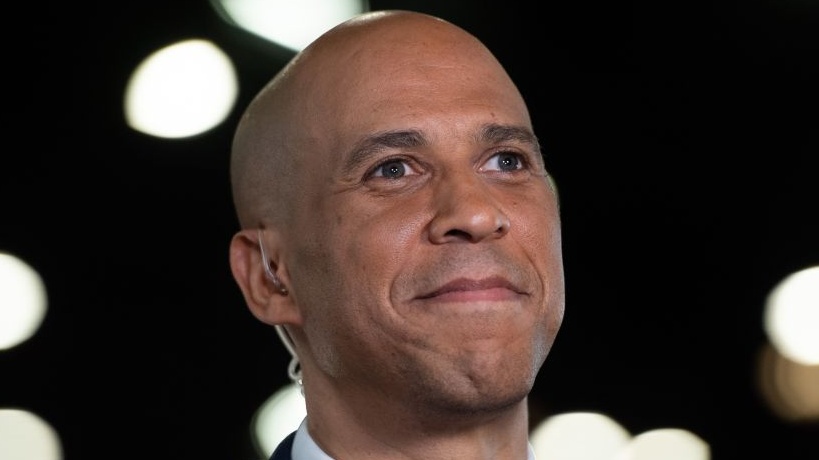Sen. Cory Booker reintroduced The Environmental Justice Act of 2019 Wednesday in an attempt to push his presidential campaign's priority of environmental justice and further address the environmental injustices that harm communities of color and low-income and indigenous communities.
The legislation would not only require that agencies implement and update an annual strategy to address negative environmental and health impacts on vulnerable populations, but it also clarifies that individuals in communities affected by events like the Flint water crisis may bring forth common law claims and statutory claims for damages. The bill would also restore the right for individual citizens to bring actions under the Civil Rights Act against entities engaging in discriminatory practices, a right that's been outlawed since the Alexander v. Sandoval Supreme Court decision.
“Clean air and clean water shouldn’t be luxuries for the privileged, yet every day, communities of color, low-income communities, and indigenous communities disproportionately face environmental hazards and harmful pollutants," Booker said in a statement. "This reality has largely been ignored and the affected communities have been left without the legal tools to protect their rights."
This legislation is not the first time Booker has made the issue of environmental justice a priority of his. At an April town hall meeting with student leaders at Allen University in Columbia, South Carolina, the New Jersey senator offered to double the EPA's enforcement staffing and increase staffing in the Environmental Justice office by 10 times if he were to be elected president.
Even with a bigger spotlight on these issues, environmental injustices within the Black community have been a growing concern, with a 2018 study by the National Institutes of Health showing that, when compared to Whites, Blacks are exposed to 1.5 times more particulate matter pollution.
"Communities of color and low-income communities desperately need policies to be developed and implemented that will address environmental justice issues, such as cumulative impacts,” Nicky Sheats, director of the Center for the Urban Environment of the John S. Watson Institute for Public Policy at Thomas Edison State University, said in a statement.
Booker first introduced this legislation in 2017, and companion legislation was introduced in the House of Representatives by Rep. Raul Ruiz. Booker is also a member of the first Senate Environmental Justice Caucus.
